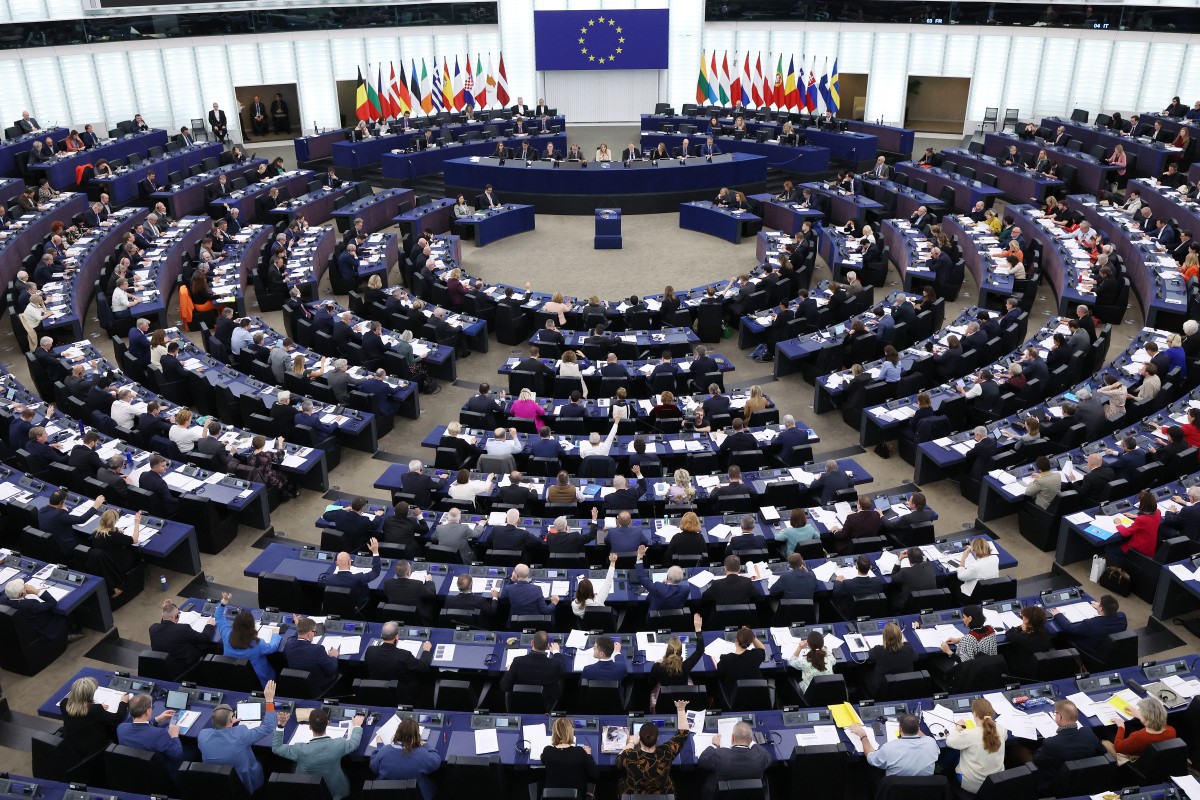Brussels, Belgium – The European Parliament and EU member states announced on Tuesday new rules to crack down on fast fashion and reduce waste, including a ban on destroying unsold clothes.
The new rules, first proposed by the European Commission last year, impose tougher rules on products to ensure they last longer and are easier to repair and recycle.
The law bans the destruction of unsold textiles and footwear, and will apply two years after the law enters into force. Medium-size companies will have a six-year exemption, while smaller companies are wholly exempt from the ban.
The commission, the EU’s executive arm, will also have the power to extend the ban to other unsold products beyond clothing and footwear.
“It is time to end the model of ‘take, make, dispose’ that is so harmful to our planet, our health and our economy,” said MEP Alessandra Moretti who spearheaded the legislation through parliament.
“New products will be designed in a way that benefits all, respects our planet and protects the environment,” she added.
The law will also set specific requirements for key consumer goods in order to boost the durability of the products. Priority will be given to “highly impactful products” including clothing, furniture, mattresses as well as electronic goods.
Goods must also be sold with a “digital product passport”, which could be a QR code, that will help consumers make informed choices about their purchases.
Under the new rules, large companies will also have to report annually how much of their production they have discarded as well as their reasons why, which the EU hopes will encourage such firms to give up such actions.







